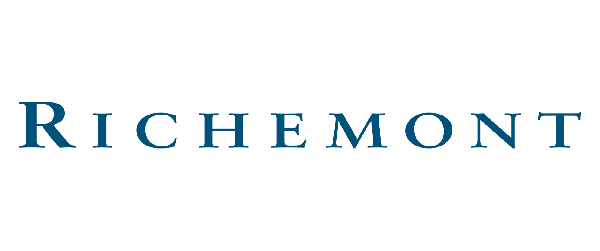Using Collaboration to Create a High Performing Finance Team
Creating a high-performing finance team requires careful planning and collaboration. The ability to work together as a group is essential to any team’s success, as it can foster innovation and help to achieve better results.
In this article, we’ll take a closer look at the power of team collaboration and examine some practical strategies that CFOs and team leaders can use to create a high-performing team. We will explore the importance of establishing effective team structures, building open communication, and frameworks such as the SOAR framework to develop emotional intelligence.
Why is Collaboration Important?
Collaboration is an essential part of any team dynamic. It encourages harmony, growth, innovation and the sharing of information.
‘Collaboration implies sharing risks, resources, and responsibilities in order to achieve a common goal that would not be possible if attempted individually.’
Romero, David & Galeano, Nathalie & Molina, Arturo.
One Cambridge University Press study showed that ‘increases in emotional intelligence among team members is predicted to increase team member collaboration.’ Interestingly, it also finds that emotional intelligence can be increased using development frameworks that support the growth of collaborative traits. One example is the SOAR (Strengths, Opportunities, Aspirations, Results) framework. By prioritising collaboration, teamwork and emotional intelligence, the productivity of teams can be greatly increased.
Establishing Effective Team Structures
Effective team structures are another important step for a high-performing, collaborative finance team. For example, building a finance team with varied expertise where each team member has a clear understanding of their role in the team. If you require finance hires to achieve this, we are happy to help at JasperRose if you contact us.
‘The link between emotional intelligence and collaboration occurs when the emotional intelligence competencies of recognising, understanding, managing, and using emotional information about oneself and others are displayed by team members.’
The Journal of Management and Organisation
If a team is diverse in ways of thinking, clear on their role, and skilled in emotional intelligence, it is highly likely that your finance team’s structure will prove effective and successful.
Building Open Communication
Open communication is another step towards building a high-performance finance team. A key factor in encouraging this is to ask employees for input and to build platforms for open communication into the structure of the business.
A recommended first step is make it known that open, respectful communication is valued. Explaining your preferred process for feedback also makes communication less daunting for employees. This could be coming to a supervisor or manager directly, submitting anonymous suggestions, holding dedicated meetings, or a more general, open environment. Many organisations also arrange strategy days and request feedback at intervals to maintain this communication, in addition to day-to-day conversations.
Ultimately, of course, company leaders will have the final say on the direction of a business. However, building open communication within a finance team is a great platform for encouraging innovation and helping employees to feel valued.
Strategies for Team Building
There are countless strategies designed around team building. Some organisations rely on games and activities, others on company events, some on rigorous training processes. None of these are necessarily more correct than another, as all efforts to encourage team unity are valuable.
The SOAR framework, mentioned above, is intertwined with the emotional intelligence of teams and seeks to develop this. It includes teams in identifying the strengths, opportunities, aspirations, and results of a business, and inviting them to think critically about the business and their impact on it.
‘The SOAR framework provides a flexible approach that invites the whole team into a strategic planning or strategy process by including relevant stakeholders with a stake in the success of the team, including team members, to engage in a generative dialogue to generate new ideas, new innovations, and the best in people to emerge.’
Cole, Matthew & Cox, John & Stavros, Jacqueline. (2016)
This framework is one way to keep an open line of conversation, to foster positive debate, and to invite feedback. All of this helps to make employees feel valued and to encourage a collaborative workplace, in addition to other practices that your business may be doing to help this.
Takeaways on Collaboration and Team Performance:
In conclusion, creating a high-performing finance team requires careful consideration, planning, and collaboration. Establishing effective team structures and building open communication are key steps for any CFO or finance team leader to take to achieve success. Additionally, the use of strategies such as the SOAR framework can help to develop team emotional intelligence and foster collaboration and lead to increased productivity.
If you need assistance building out your finance team, don’t hesitate to get in touch at JasperRose.



















































